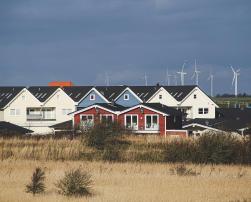
Why commercial real estate is embracing renewables
Renewable energy integration in commercial real estate boosts sustainability, reduces costs, enhances property value, and attracts eco-conscious tenants while supporting long-term investment and environmental goals.

Building trust in AI for digital twins
The PROBONO project faces challenges in deploying digital twins, especially with AI's opacity, but methods like LIME and SHAP help improve transparency and trust.
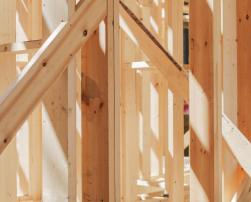
Timber in UK construction: key considerations and benefits
The STA's Timber in Construction initiative promotes increased timber use in UK construction to speed up builds, reduce carbon impact, and support net-zero and housing targets.
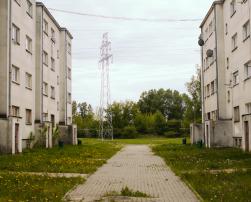
EPAH Conference in Barcelona highlights LIFE Projects tackling energy poverty across Europe
The EPAH conference highlighted projects like LIFE ReHABITA and CoolToRise, which help European communities tackle energy poverty by improving home efficiency for winter warmth and promoting sustainable cooling for summer heat.
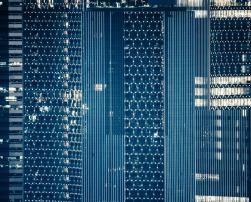
Siamo pronti agli edifici smart?
I sistemi di domotica e building automation favoriscono la transizione ecologica degli edifici, portando a una maggiore efficienza energetica, riducendo emissioni e costi, ma la loro diffusione è ostacolata da scarsa consapevolezza, costi alti e carenza di competenze.

The BIPV binomial: sustainability and aesthetic
Building-integrated photovoltaics (BIPV) offer an efficient, aesthetic solution for reducing energy consumption and emissions in buildings, with innovations in coloured solar technologies making them more appealing for architects and supporting sustainable design.

Urban areas as hubs for a greener future
Around 75% of Europeans live in cities facing environmental and health challenges, with the EEA highlighting the need for energy-efficient buildings, smart renovations, and sustainable urban planning to mitigate climate change, reduce emissions, and improve quality of life.
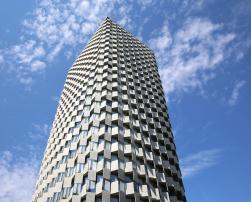
Albania's step towards a climate neutral building sector
Starting in 2026, Albania will require all new and renovated buildings to meet energy performance standards, use renewable energy, and include features like solar energy, electric vehicle charging, and air quality monitoring to reduce emissions and align with EU climate goals.
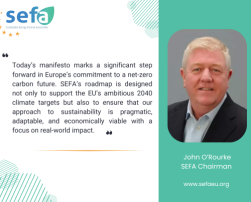
The Sustainable Energy Finance Association (SEFA) ratifies new manifesto
SEFA has adopted a pivotal manifesto aimed at advancing Europe’s transition to a net-zero carbon future within the built environment. This manifesto outlines SEFA's commitment to accelerating Europe’s transition to a net-zero carbon economy through targeted support for sustainable energy finance.

3D-Printed concrete offers sustainable solutions for construction
UVA researchers developed a graphene-enhanced 3D-printed cementitious composite that reduces carbon emissions by 31% and increases mechanical strength by 23%, offering a sustainable solution for construction and transportation infrastructure.